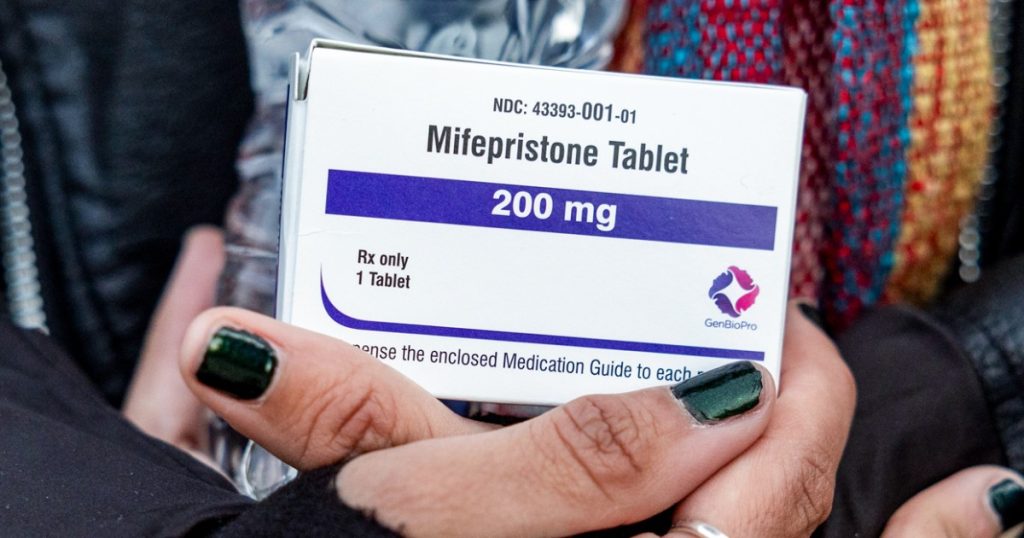The state of Louisiana is considering reclassifying two abortion-inducing drugs, mifepristone and misoprostol, as controlled and dangerous substances through a bill that has received final legislative approval. Supporters of the bill claim that this move would protect expectant mothers from coerced abortions. However, numerous doctors have expressed concerns that this reclassification could make it harder for them to prescribe these drugs for other important reproductive health care needs, potentially leading to delays in treatment.
Louisiana already has a near-total abortion ban in place, applying to both surgical and medical abortions. The reclassification of mifepristone and misoprostol could set a precedent for other Republican-led states with similar abortion bans seeking to impose tighter restrictions on these drugs. The bill would place the drugs on the list of Schedule IV substances under the state’s Uniform Controlled Dangerous Substances Law, making it harder to obtain them and requiring doctors to have a specific license to prescribe them.
More than 200 doctors in the state have expressed their opposition to the bill, warning that it could create barriers to prescribing appropriate treatment and cause unnecessary fear and confusion among patients and healthcare providers. They argue that any delays in obtaining these drugs could result in worsened outcomes in a state with one of the highest maternal mortality rates in the country. In addition to inducing abortions, mifepristone and misoprostol have other common medical uses, such as treating miscarriages and inducing labor.
The federal government does not classify mifepristone and misoprostol as controlled substances due to their perceived low risk of misuse. These drugs are commonly prescribed for various medical conditions, and their use is regulated by the FDA. The move to reclassify these drugs in Louisiana has received support from abortion opponents and conservative Republicans, while facing strong criticism from Democrats, including Vice President Kamala Harris, who described it as “absolutely unconscionable.”
The bill now awaits the signature of conservative Republican Governor Jeff Landry, who has indicated his support for the measure. Despite efforts by some doctors to restrict access to mifepristone, the U.S. Supreme Court does not appear ready to limit access to the drug. A recent survey found that women in states with abortion bans or restrictions are receiving abortion pills in the mail from states with more lenient laws. Louisiana’s near-total abortion ban provides exceptions only in cases of substantial risk to the mother’s health or “medically futile” pregnancies with fatal abnormalities in the fetus.


